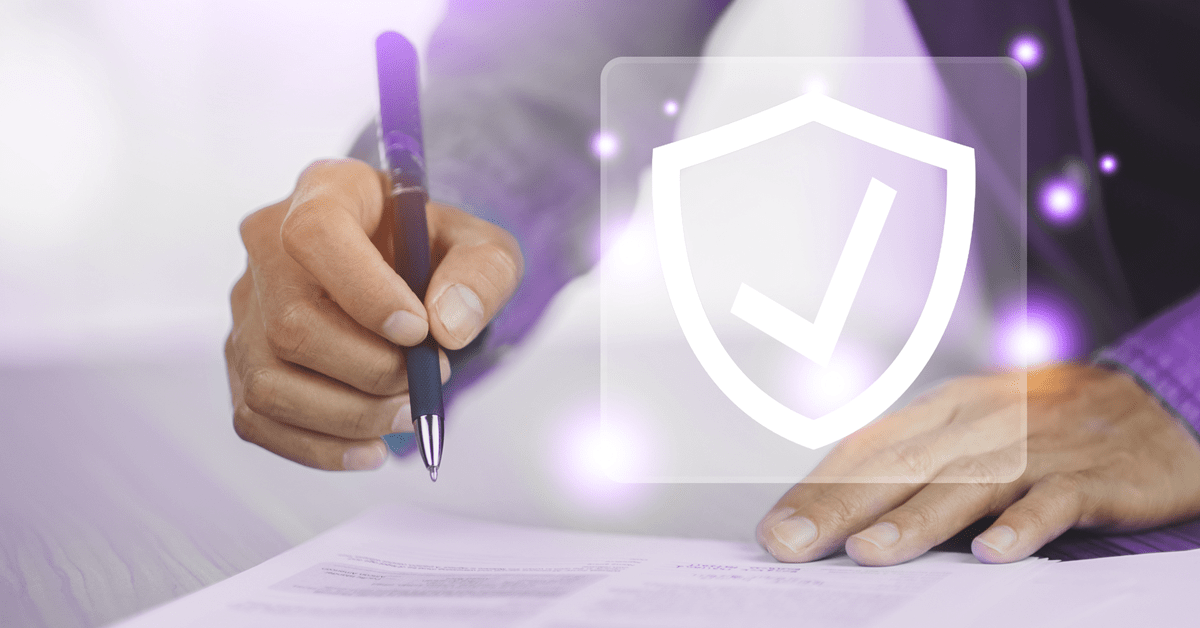In today’s data-driven world, contracts serve as the lifeblood of business, outlining the terms and conditions that govern relationships between parties.
With contracts often containing sensitive business information, contract management security is paramount for organizations of all sizes, particularly small and medium-sized businesses (SMBs) that may be more vulnerable to cyberattacks.
Contract Management Risks and Security Vulnerabilities
Contract management security encompasses the measures and practices taken to protect contracts from unauthorized access, modification, or destruction. Failure to adequately secure contracts can expose businesses to a range of risks, including:
- Data breaches: Confidential information, such as trade secrets, financial data, and customer details, can be stolen or compromised, leading to reputational damage, financial losses, and legal repercussions.
- Contract tampering: Unauthorized modifications to contracts can alter the terms and conditions, potentially resulting in financial losses, legal disputes, and operational disruptions.
- Ransomware attacks: Contracts stored on unsecured systems can be encrypted by ransomware, rendering them inaccessible and demanding hefty ransom payments.
- Regulatory non-compliance: Failure to comply with data privacy regulations, such as the General Data Protection Regulation (GDPR), can result in fines, penalties, and reputational damage.
The 10 Essential Contract Management Security Practices
To safeguard their contracts and mitigate security risks, SMBs should implement a comprehensive contract management security framework, encompassing the following practices:
- Access Control: Implement robust access controls to restrict unauthorized access to contracts. This includes using strong passwords, multi-factor authentication (MFA), and role-based access control (RBAC) to limit access to only authorized personnel.
- Data Encryption: Encrypt contracts at rest and in transit to protect sensitive information from unauthorized access. Use strong encryption algorithms, such as AES 256-bit, and ensure encryption keys are securely managed.
- Cloud Security: If using cloud-based contract management solutions, ensure the cloud provider adheres to industry-standard security practices, such as SOC 2 Type II compliance, and regularly conducts security audits.
- Data Loss Prevention (DLP): Implement DLP solutions to prevent unauthorized transfer or sharing of sensitive contract data outside the organization’s network.
- Regular Security Audits: Conduct regular security audits of contract management systems and processes to identify and address vulnerabilities promptly.
- Employee Training: Educate employees on contract management security best practices, including password hygiene, phishing awareness, and reporting suspicious activity.
- Incident Response Plan: Establish a comprehensive incident response plan to effectively address potential security breaches, including procedures for containment, investigation, and communication.
- Secure Contract Execution: Utilize e-signatures from reputable providers to ensure the authenticity and integrity of contracts during execution.
- Secure Contract Storage: Store contracts in secure, centralized repositories with access controls and encryption measures in place.
- Regular Software Updates: Keep contract management software and operating systems up to date with the latest security patches to address vulnerabilities.
Contract management security is an ongoing process, not a one-time event.
By implementing these essential practices and staying vigilant about emerging threats, SMBs can effectively safeguard their contracts, protect sensitive data, and minimize the risk of security breaches.
In doing so, they can maintain the integrity of their business agreements and foster trust with their partners, customers, and stakeholders.




